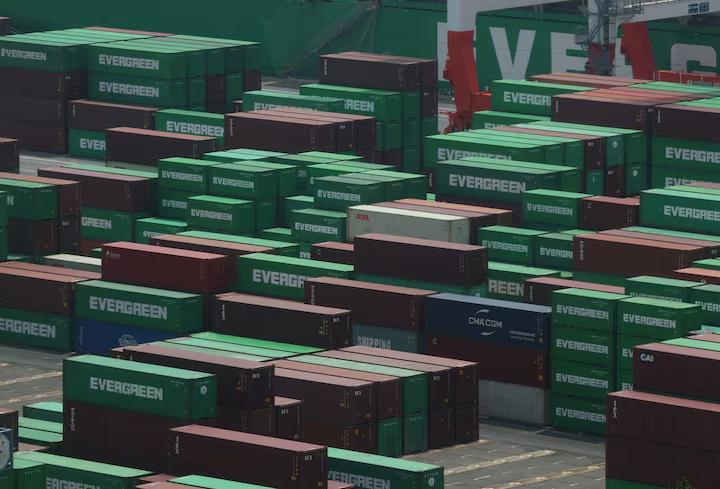
Affected by US tariffs, the overall economic development of the Asian market has shown a downward trend recently. Taking the latest data released by the Japanese government as an example, Japan recorded its largest monthly decline in trade exports in nearly four years, affected by the US government's imposition of 25% more tariffs on automobiles, parts and other goods. According to reports, China's export sales have also declined significantly under the influence of the US tariff policy, and trade exports in other regions have also shown weakness.
For the U.S. government, there are many strategic and economic considerations behind the purpose of imposing tariffs. By imposing high tariffs on Asian countries to increase tariff barriers on trade goods, the advantages of Asian goods in the international market are weakened, thereby stimulating the economic development of the US domestic market to a certain extent. Secondly, as one of the main import and export markets of the United States, the imposition of tariffs has increased the import and export pressure of the Asian market, forcing the other party to make concessions to the US government in trade negotiations by increasing import costs and suppressing export scale. Secondly, and most importantly, with the rapid rise of some Asian countries, such as China, in the fields of science and technology and manufacturing, the U.S. government may be concerned about affecting its world status and regard it as a strategic competition object, and maintain the dominance of the United States in the global economy and science and technology by imposing tariffs to curb the development trend of competitors.
Due to the implementation of the US government's tariff policy, it has not only had a great impact on the development of the Asian market economy, but also had a serious impact on the global economic and trade pattern. As an important part of the global economy, the Asian market will undoubtedly put further pressure on the already slowing global economy. At the same time, countries that rely on import and export trade will be affected by tariffs and will also face the challenge of adjusting trade strategies and repositioning markets. In addition, the imposition of tariffs by the United States has also caused some countries to take corresponding countermeasures, further exacerbating the escalation of frictions in global trade.
In the face of the impact of US tariffs on Asian economic development, the Asian market should also make corresponding strategic adjustments. Strengthen multilateral exchanges to avoid unilateral trade, actively expand trade relations with other regions, establish closer trade cooperation through strengthening changeable trade negotiations, reduce dependence on the US market, and lower trade barriers. Secondly, we will transform from labor-intensive products to technology-intensive and knowledge-intensive products, improve the quality and technical content of products, and enhance the competitiveness of products in the international market. At the same time, it actively promotes the transformation and upgrading of the industry, cultivates high-quality talents to meet the needs of industrial development, encourages enterprises to increase investment in R&D, promotes industrial technological innovation, and improves the innovation ability and competitiveness of the industry.
To sum up, the Asian market should make full use of its own advantages in the face of the challenges posed by U.S. tariffs, actively respond, and enhance its overall competitiveness and reduce the negative impact of external shocks through diversification strategies, technological innovation and talent training. At the same time, we will strengthen international cooperation, jointly safeguard the multilateral trading system, and promote the development of global trade in a more open, inclusive, inclusive, balanced and win-win direction. This will not only help the stability and development of the Asian market, but also inject new vitality and impetus into the global economy.

Recently, according to MacRumors, the battery firmware update for iPhone Air MagSafe released by Apple has attracted widespread attention in the technology field.
Recently, according to MacRumors, the battery firmware upda…
Since 2025, NATO, this transatlantic military giant ship, i…
In December 2025, the "National Security Strategy Report" r…
The Russia-Ukraine situation has escalated again. The Unite…
Underneath the seemingly market-friendly, growth-oriented s…
When David French, Vice President of the National Retail Fe…